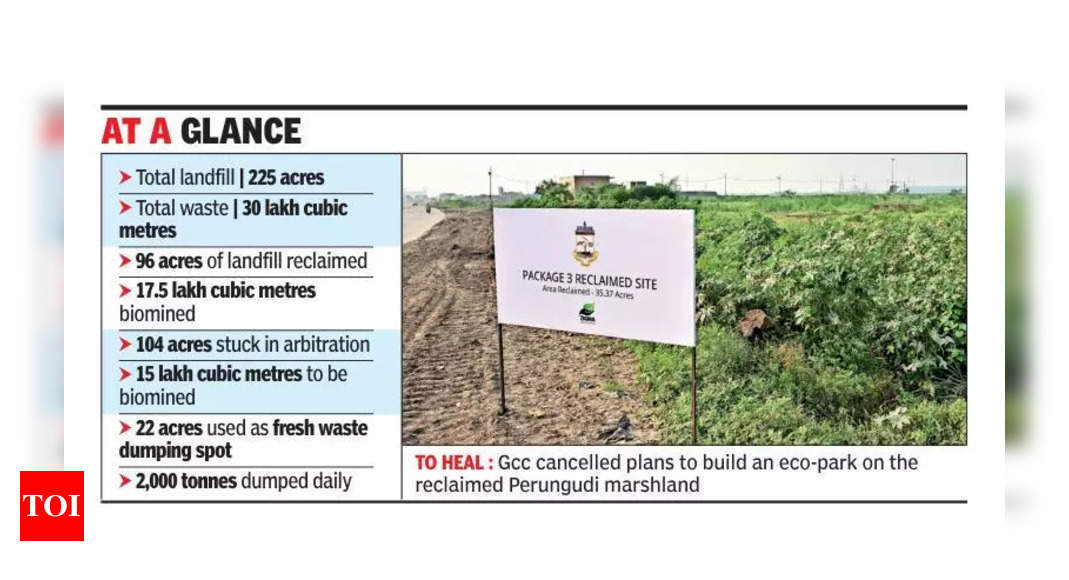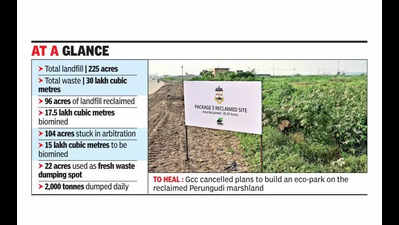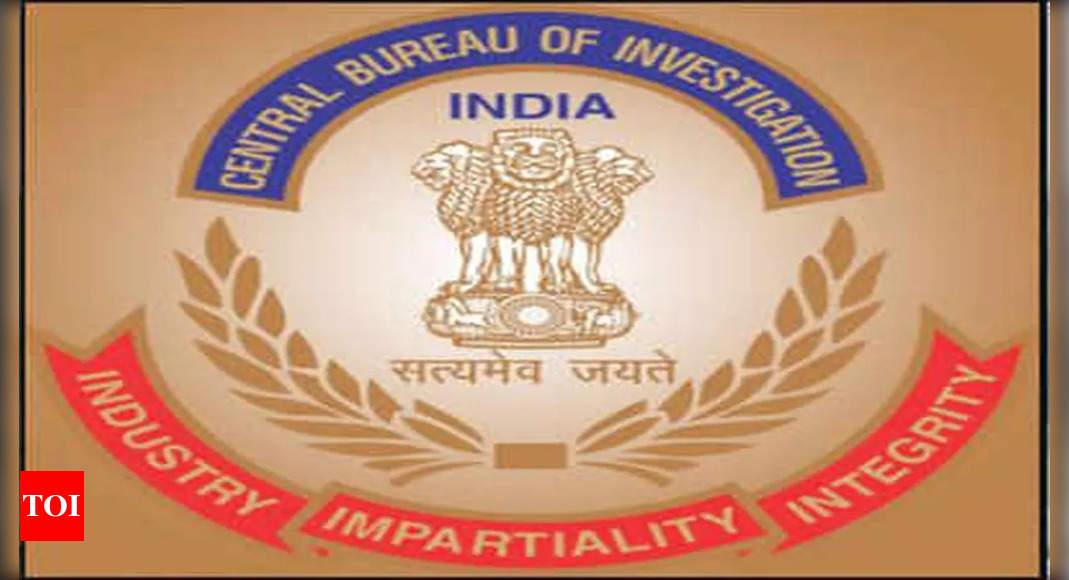Chennai: Now that 96 acres of the dumpyard at Pallikaranai marshland have been biomined and reclaimed, Greater Chennai Corporation has decided to let it heal and allow vegetation to grow on it. It will not be handed over to the environment department.
The move comes weeks after GCC dropped its plans to create an eco-park on the reclaimed dumpsite on the marsh, a Ramsar site, and also cancelled plans to set up an incineration plant there.
GCC commissioner J Kumaragurubaran said they plan to leave the reclaimed area to heal. “We are not handing over the land to the environment department. It will still be under our control, but there won’t be any activities on it,” he said.
In the reclaimed area, where 17 lakh cubic metres of waste stood up to 40 feet in height, there is now grassy growth. In some spots, tree saplings also show maturity.
Of the 225 acres of Perungudi dumpyard on the marshland, GCC has reclaimed 96 acres, and another 104 acres is stuck in arbitration between GCC and the contractor. In the remaining 22 acres, GCC is dumping about 2,000 tonnes of waste daily.
In the remaining 104-acre land, GCC plans to build a biogas and micro-composting facility to process wet waste. Once the arbitration issue is resolved with WeStart Communications, GCC will float fresh tenders to biomine the remaining 15 lakh cubic metres.
A public consultation meeting for the waste processing facility, which is delayed for a month now, will be held soon. Geo Damin, former member of the TN govt’s solid waste management committee, said the corporation must phase out the dumping of fresh waste in the 22-acre area. “Every day, they are still dumping unsegregated waste into Perungudi. They have to follow source segregation in South Chennai areas and install decentralised micro-compost, vermicompost, windrow compost and bioCNG plants to remove wet waste. The remaining could be sent to the dumpyard,” he said.
GCC is also studying the feasibility of analysing the depth of waste beneath the surface. Officials said it is eight feet deep, and Anna University is being roped in to see if it has to be dug up and biomined.




